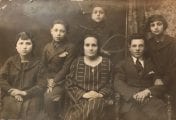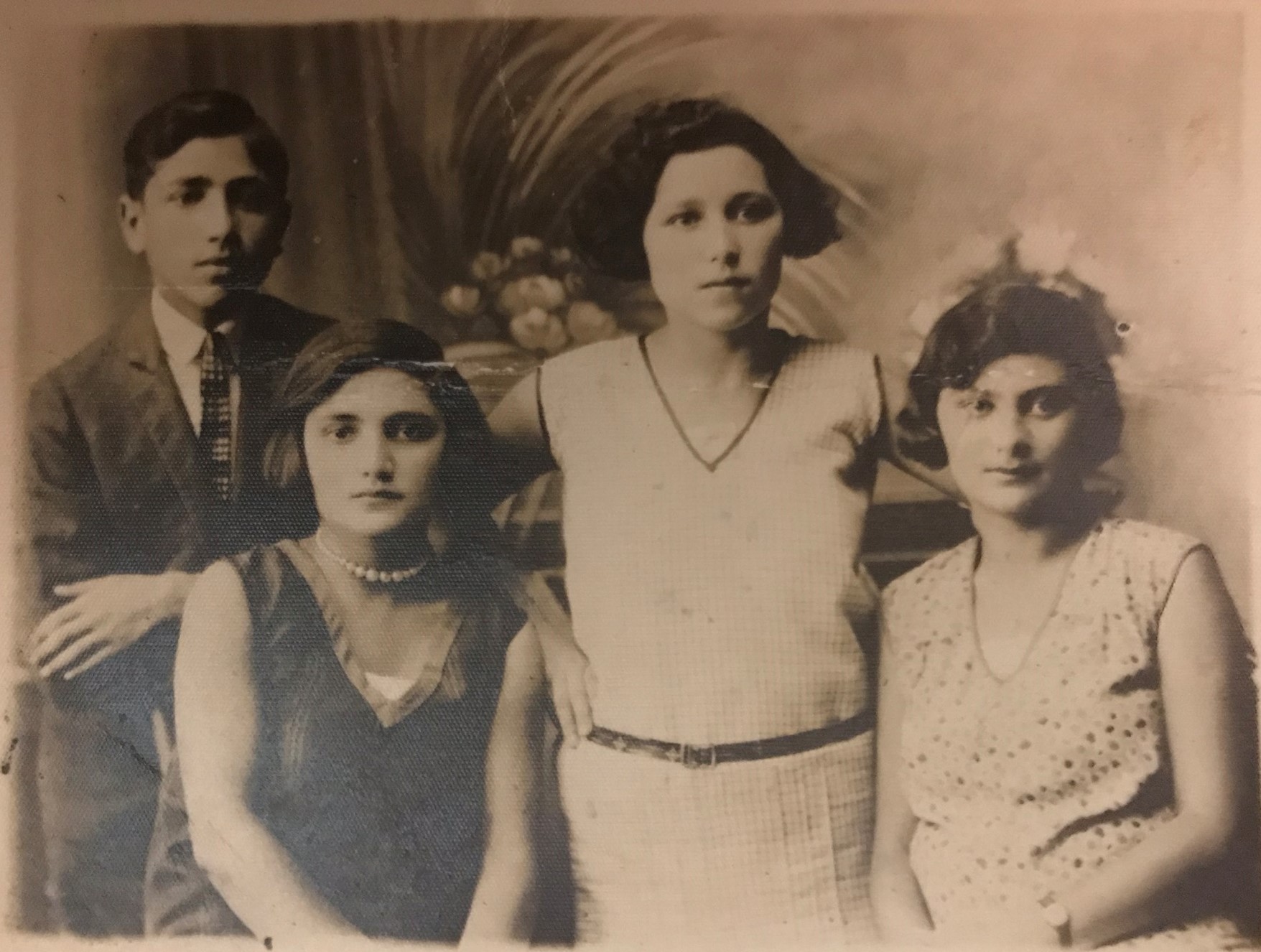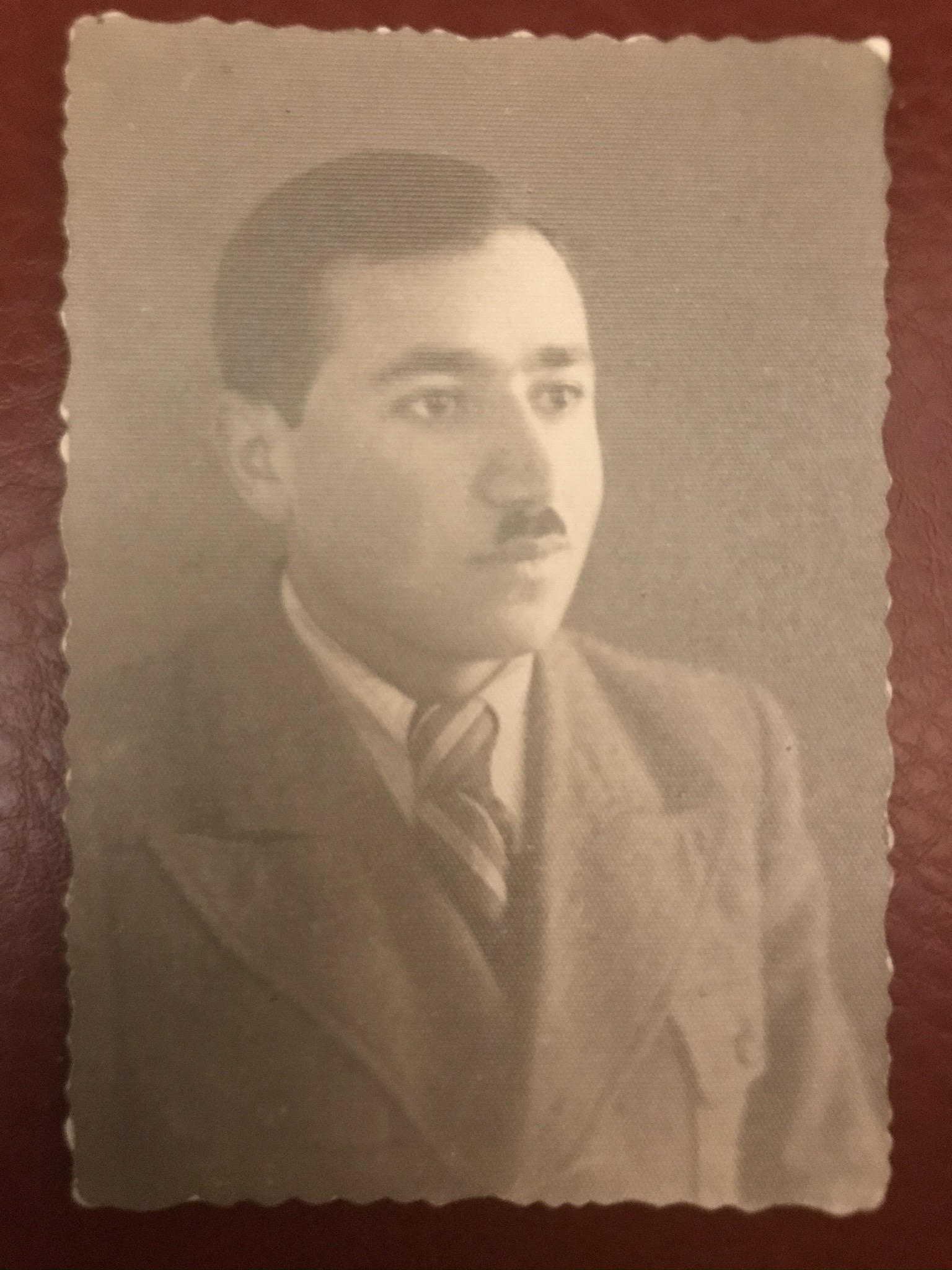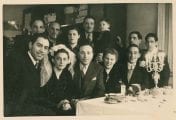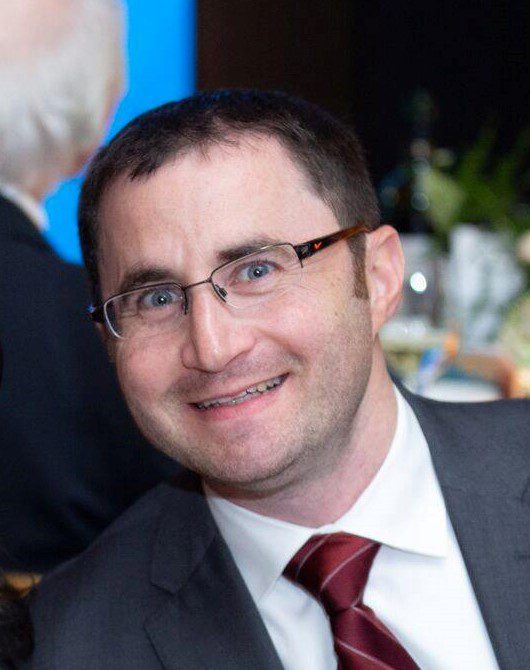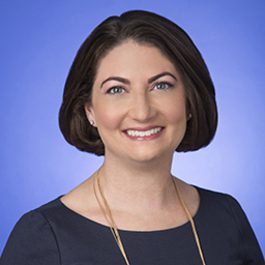- Local Survivor registry
- MUNI WACHS
- Local Survivor registry
- MUNI WACHS
Survivor Profile
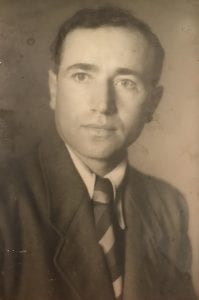
MUNI
WACHS
(1915-1988)
PRE-WAR NAME:
MOSHE (MUNIOS) WACHS
MOSHE (MUNIOS) WACHS
PLACE OF BIRTH:
BRODY, POLAND
BRODY, POLAND
DATE OF BIRTH:
AUGUST 25, 1915
AUGUST 25, 1915
LOCATION(s) BEFORE THE WAR:
BRODY, LEMBERG, POLAND
BRODY, LEMBERG, POLAND
LOCATION(s) DURING THE WAR:
LEMBERG, RUSSIAN ARMY, VARIOUS LOCATIONS
LEMBERG, RUSSIAN ARMY, VARIOUS LOCATIONS
STATUS:
SURVIVOR
SURVIVOR
RELATED PERSON(S):
ROSE WACHS - Spouse (Deceased),
ISRAEL WACHS - Son,
GALE WACHS - Daughter-in-law,
DAVID WACHS - Grandson,
HEIDI WACHS - Granddaughter
-
BIOGRAPHY of Muni Wachs by Israel Wachs, son
Biography of Muni Wachs by Israel Wachs, Son and Written by Israel and David Wachs, Son and Grandson
The Wachs family goes back to the 1800s in Brody, Poland. Muni, the youngest, came from a poor family of three brothers and three sisters. His father, Zygmond came from a well-to-do family that had a vinegar factory and a china factory. Muni told his son, Israel, that he used to play in the factories as a child. However, his father did not go into the family business, and he lived a poor life in Poland. Muni’s brothers and sisters shared two beds. Muni said that the “three girls slept in one bed and the three boys slept in the other. They slept that way with the middle child facing ‘the other way.’” Muni’s childhood was a struggle. Israel relates that “it was an effort for them to get food and heat at night. My father would tell me that in the winter there would be a layer of frost on the inside of the windows.” Muni had one year of schooling because they only had enough money for one year. “That was the extent of my father’s formal education.” When asked if Muni ever went to a Heder, Israel answered: “he never mentioned it, but he was educated in Judaism.” (Refer to photo of Muni at age 13 with his family in 1928 in Related Media)
One of Muni’s older brothers moved to Lemberg (Lviv, Lvov) a big city 60 miles from Brody, and there and “somehow became a barber.” When Muni became of working age, he joined him in Lemberg, and apprenticed to become a barber. This was to be his living trade for most of his life. Muni also had another older brother, Jack Wachs, who went to America before 1924. According to Israel, “apparently, the middle brother taught my father to be a barber.”
When Muni went to Lemberg to become a barber, his mother, Frida emigrated to America. Her oldest daughter, Anna, was there and she sponsored her. Frida lived in the Bronx throughout the war and died in 1945 from cancer. Muni remained in Lemberg during his teenage years until the war broke out. In 1939 the Russians took over that portion of the land, and all male inhabitants were forcefully recruited to fight in the Russian army. Muni was drafted into the calvary (Refer to photo in Media). Muni said being a barber helped him during the war because the Russian generals wanted haircuts and a shave. In 1941 Hitler decided to attack Russia for its food supply; the Russian army retreated. Muni was forced to retreat with the Russia army and he served the rest of the war in the Russia. When asked how Muni got out of Russia after the war, Israel admits that remains a mystery. “I don’t know how he got out of Russia after the war, but the Russians did allow Polish citizens to return home. At some point he ended up in Paris and that is how he met my mother. His older sister, Anna was in New York and was trying to get him to come to America; he got as far as Paris but the papers never materialized.”
When asked how his parents met, Israel related this story. “There were many Jews from Brody, Poland in Paris even before the war. The Polish Jews in Paris were a tight-knit group and were helped by the Polish French Jews. My parents met working the evening shift in the garment factory. Because they were refugees and non-citizens, they had to go to the Palace of Justice on a daily basis to get a paper stamped so they could only work for that day. My father worked as a presser and my mother worked as a seamstress. From the moment they met, they were together for the rest of their lives. They got married in March1949 in Paris. (refer to photo in media) Immediately after getting married, they moved to Israel. They knew they couldn’t stay in Paris since they didn’t have any money and my mother was very pro-Zionist. They were among three couples living in one room along with a baby. I think I was conceived on the ship going to Israel. I was born nine months later on January 28, 1950 in Hadassah Hospital in Tel Aviv (not there today). My parents settled first in a tent city for Jewish refugees from Europe.” (Refer to the story of Rose Wachs in the Survivor Registry)
Life in the new state of Israel was a great hardship for Muni and his young family. They first lived in a barn. Israel describes it this way: “The streets were sand. The barn was divided into four parts, one for each family, with an outhouse in the back. Food was rationed. There were a lot of cats brought in by the British to control the population of the mice and rats. One day, my mother had acquired a live fish in the sink in water which was a rare luxury. A cat jumped in, got the fish, and ran away with it. Everyone was so upset because it was food for the week. I was three years old and recall that my father later killed the cat so that this couldn’t happen again. My earliest memory of 1953 was that there was a rifle at the doorway of the barn. You never knew what was going to happen in those early days of Israel. I found a grenade once while playing in the field that had not been discharged. The bomb squad came and took it away. I had no idea what it was.”
Muni opened up a barber shop when he was able to get some money. The family lived in the back of the barber shop. The landlord’s personal house was behind the store. Israel recalls the time: “I lived there until I was five years old. For a while my mother helped my father in the barber shop. She had a lot of physical problems after the war. Somehow, I befriended children on the street and the children were playing in front of a house that was plastered with posters. I asked the children why there were so many posters on the wall and they told me because no one lives there. I went home and told my parents there was no one living in the house down the street. We immediately moved into this house.” Israel describes their new home: “It was subdivided with each family having one room. We had one room with a small sink, stove, an icebox, and one toilet for three families. We were doing well having moved up from the barn.”
In 1956 Israel recalled there was the Suez war. “I remember going to a bomb shelter and I remember planes flying over. My father was 41 and was in the Israeli Army.” (Refer to photo for Muni as a soldier in Israel in Related Media)
In 1958 when Israel was eight and a half, at the end of May, Muni and his family received visas to depart Israel and join family in America. They first went to Marseille by boat and then by train to Paris. They visited for a few days with aunt Bella Jakubowicz, my mother’s sister. Then they flew from Paris to Idlewild Airport. Aunt Anna’s husband was waiting for them at the airport and drove them to the Catskills, NY. Israel recalls: “We spent June and July there until my parents got oriented about the job opportunities for my father. There were no opportunities in the winter in the Catskills, and so we went to the South Bronx. My father had an aunt in the South Bronx. In the Bronx, my father was able to get a job as a barber. My mother was pregnant at the time we left Israel and my sister was born in NYC three months after we arrived. Later, my mother did some work as a seamstress to help out financially.”
When asked how it was adjusting to American life, Israel replied, “It was tough settling in the South Bronx. I would walk miles as a little kid in Israel. I enjoyed the freedom in Israel. In New York, the “cement city” was very difficult. The south Bronx was a very violent area. At one point my parents put me in a yeshiva (Arthur Ave), but it wasn’t good for me since they didn’t emphasize non-secular subjects, specifically learning English, and my parents pulled me out. I do speak Yiddish. My father opened up a barber shop in the north Bronx and it was a different world. I went to public school there starting in 6th grade.”
Muni and Rose lived in the north Bronx for the rest of their lives. By the 1970s the barber shop encountered financial difficulty as people started to grow long hair. Muni sold the shop to his partner. At that point he was 57; he tried different jobs. He tried to be a cook. It didn’t work out. He finally got a job working as a clerk in a bank and did very, very well. Israel says, “my parents were self-taught in everything they did. When my sister got older, my mother worked as a seamstress as the barber shop dwindled.”
Afterward: Israel relates this final small world story:
I went to Stanford University and there was a guy named “Wachs.” A year after arriving, I received a call from the “Wachs” kid’s mother, and they were also from “Brody.” They were the branch of the family that owned the china factory. The father was named Zygmond, the same as my grandfather. Clearly, he was a cousin of my grandfather. Small world…strange that we both ended up at Stanford at the same time.
Editor’s Notes:
Refer to David Wachs in Voices from the Descendants
Refer to Heidi Wachs in Voices from the Descendants
Refer to Historical Notes below for Brody before and during WWII. -
SURVIVOR INTERViEW:
Refer to Biography of Muni above.
-
HISTORICAL NOTES:
BRODY BEFORE AND DURING WWII
In 1919, Brody became part of the Second Polish Republic, after Poland regained independence a year earlier. It was the site of a battle during the Polish-Soviet War of 1920 and heavy destruction by both Polish and Russian forces, and is described extensively in stories of the Red Cavalry by Isaac Babel. Administratively Brody was the seat of the Brody County located in the Tarnopol Voivodeship. Brody was an important military base, with the Kresowa Cavalry Brigade headquarters established there.
After the Soviet invasion of Poland, during World War II, in September 1939, Brody was occupied by the Red Army. The Soviets deported mainly Polish people deep into the USSR. Between June 26 and June 30, 1941 a tank battle was fought nearby between the German Panzer Group 1 and five Soviet mechanized corps with heavy losses on both sides. From 1941 to 1944 it was occupied by Germany. The local Jews were murdered in the Holocaust (see below). During July–August 1944, Brody and nearby areas saw the battles of the strategically important Lvov-Sandomierz Operation (a.k.a. Brodovkiy Kotel) where the Soviet army successfully encircled and destroyed German forces. It was occupied by the Soviets again, and in 1945 it was taken from Poland and annexed to the USSR.
When German troops occupied the city on July 1, 1941 the Jewish population of some 9,000 was forced to wear an arm-band with the yellow badge. Two hundred fifty intellectuals were arrested on July 15, 1941 and shot two days later at the Jewish cemetery, after being brutally tortured. Encouraged by German occupation authorities, the Ukrainian population started a pogrom in August 1941, looting Jewish possessions. The Judenrat had to provide labor for repairs and maintenance on the roads and bridges as well as for work in army depots. From December 1941 young people were arrested on the streets and sent to forced labor camps in the vicinity. In September 1942 the Aktion Reinhardt started in Brody, leaving 300 people dead. Two thousand people were deported to Bełżec where they would be murdered in the gas chambers. In December 1942 the German occupiers forced the Jewish population to resettle in a ghetto inside the town, where 6,000 people lived in January 1943. During 1943, Aktion Reinhardt was continued with thousands being killed in the nearby woods in March and April, the Ghetto being liquidated on May 21, 1943. More than 3,000 inhabitants were deported, presumably to Majdanek, but hundreds had already been killed in the Ghetto. Many houses were set on fire to drive out those who had remained hidden there.
Editor’s Note:
Refer to Historical Notes Below for Brody before and during WWII.
-
Sources and Credits:
Credits:
SSBJCC Survivor Registry Biography with Israel Wachs, son and David Wachs, grandson, May 28, 2020, October 10, 2020. Interviewer: Nancy Gorrell; Biography by Israel Wachs; Digital historic and family photographs donated by Israel and David Wachs and family.
Credits:
SSBJCC Holocaust Memorial and Education Center gratefully acknowledges donations of Muni’s story and historic family photographs by Israel and David Wachs.


